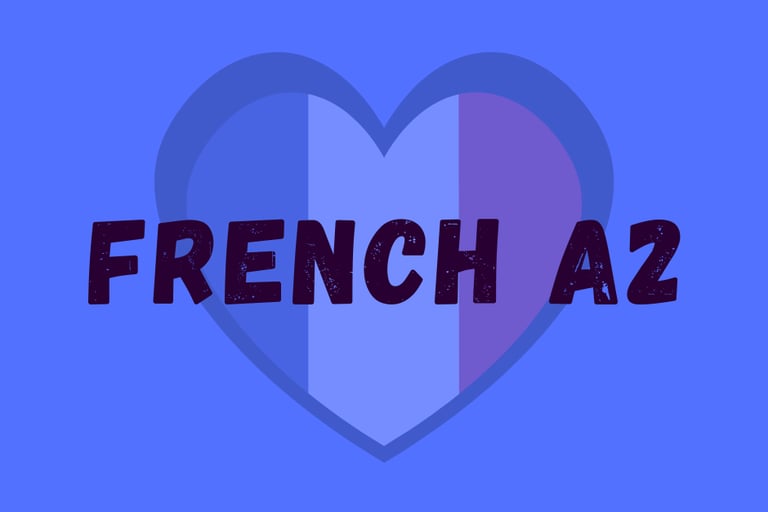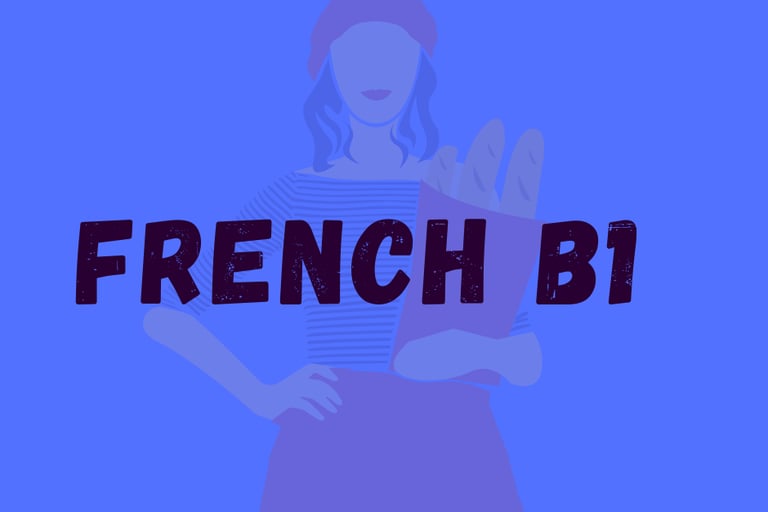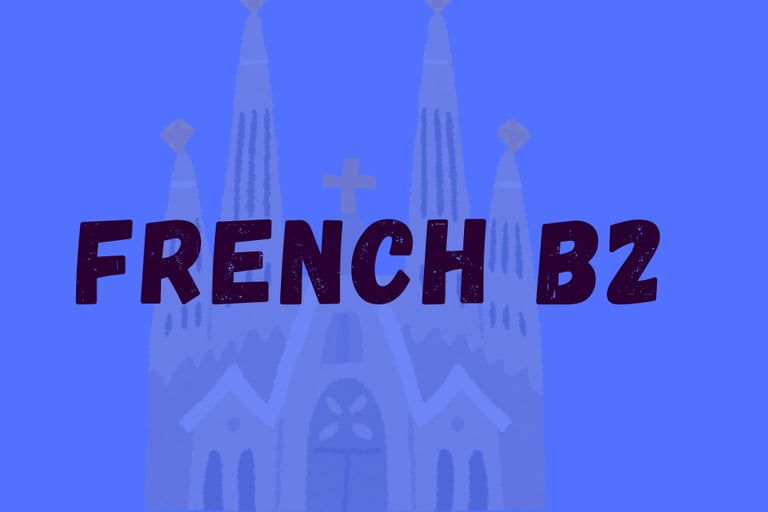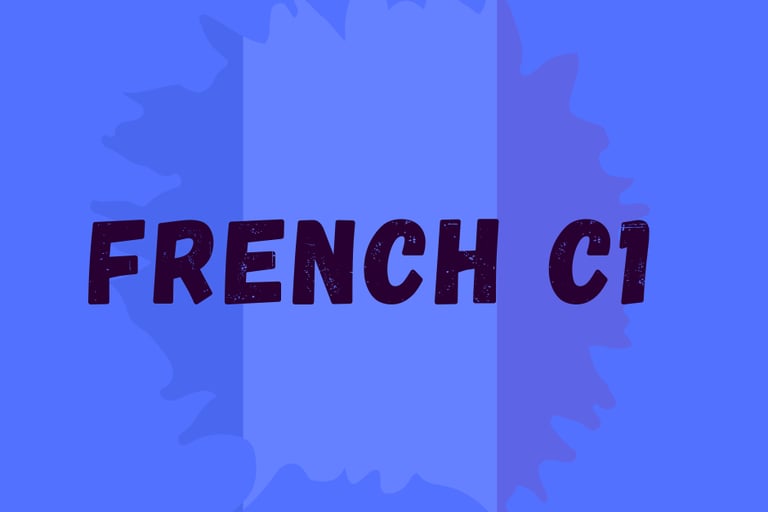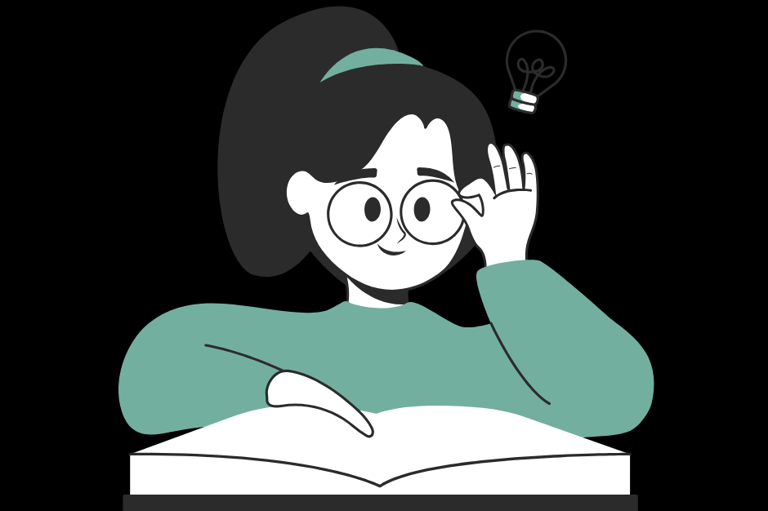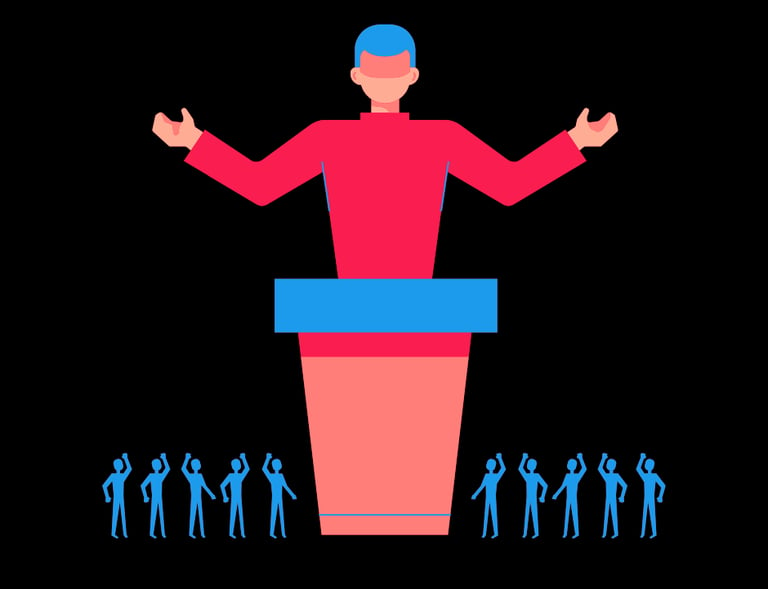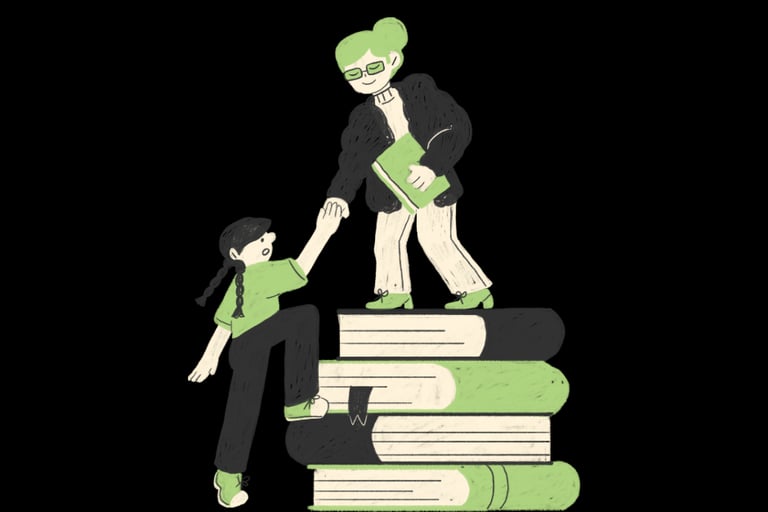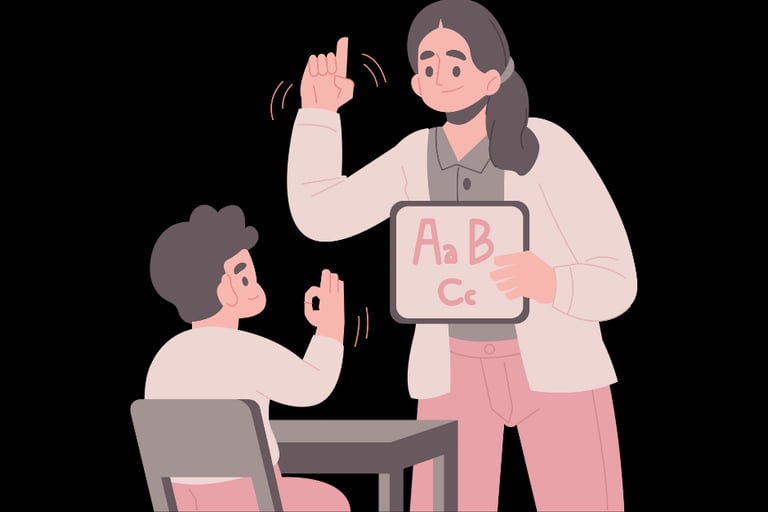French language
"Learning French is like downloading the romance app for your brain—suddenly, everything sounds chic and poetic! It’s your key to Parisian cafés, haute couture, and mastering 'je ne sais quoi' with flair."
ROADMAP TO LEARN FRENCH LANGUAGE
What You Will Learn in French A1 Level
French A1 is all about survival skills and simple communication. You’re learning how to say “hi,” ask for coffee, introduce yourself, and maybe even talk about your weekend (with a lot of gestures and smiles 😄).
You’ll be able to handle basic conversations, understand clear, slow speech, and read short messages or signs. It’s the foundation that prepares you for everything ahead.
📘 1. Vocabulary – Around 600–800 Words
At A1, you’ll build your first essential vocabulary covering:
Greetings & introductions (hello, goodbye, how are you?)
Personal information (name, age, nationality, profession)
Family & friends (mother, brother, best friend)
Numbers, days, months, time
Basic food & drinks (coffee, bread, cheese, water)
Everyday places (school, café, store, house)
Basic verbs like to be, to have, to go, to eat, to like
Common adjectives (happy, small, big, cold, hot)
Weather, clothes, colors, and parts of the body
Common question words (what, where, when, who, why, how)
By the end, you’ll be able to survive in Paris for a few days (and order your croissant like a pro 🥐).
🧱 2. Grammar & Sentence Structures
French grammar can be tricky, but at A1 you start with the basics. You’ll learn to:
Use personal pronouns (I, you, he, we, etc.)
Conjugate regular verbs in the present tense
Start learning irregular verbs like être (to be), avoir (to have), aller (to go), and faire (to do/make)
Make simple positive and negative sentences
Form basic questions and answers
Use articles (un, une, le, la, les)
Match adjectives with gender and number (un grand homme, une grande femme)
Talk about likes and dislikes (J’aime, je n’aime pas)
Describe your daily routine and simple events
🎧 3. Listening Skills
A1 listening focuses on slow, clear, everyday French. You’ll learn to:
Understand introductions and personal info
Recognize numbers, prices, times, and dates
Follow simple instructions (e.g., turn left, sit down)
Get the main idea of short conversations in shops, restaurants, or public places
Listen to audio clips or dialogues from language apps and beginner videos
🗣️ 4. Speaking Skills
At A1, you’ll speak in simple but meaningful ways. You’ll be able to:
Greet people and introduce yourself
Ask and answer basic questions about yourself and others
Order food and drinks
Ask for help, directions, and prices
Talk about your daily activities, likes, and routines
Use memorized phrases and slowly start creating your own sentences
Pronounce basic French sounds correctly (yes, including r 😅)
📖 5. Reading Skills
You’ll start to recognize written French in everyday contexts. You’ll read:
Signs, menus, and notices
Short personal messages or texts (like postcards or emails)
Forms (name, age, nationality, etc.)
Descriptions of people, objects, or places
Short stories or dialogues written for beginners
You’ll mostly rely on context and key words, and that’s perfectly okay!
✍️ 6. Writing Skills
Writing in A1 French is all about simple sentences. You’ll learn to:
Fill out basic forms (name, date of birth, nationality)
Write short self-introductions
Create basic descriptions (my family, my house, my pet)
Write simple messages, emails, or notes
Practice daily routine writing, like "I wake up at 7, I go to school..."
You don’t need to be perfect—just clear and understandable.
🌐 7. Real-Life Communication
By the end of French A1, you’ll be able to:
Travel in French-speaking countries with basic language
Shop, eat, and ask for help in French
Talk about yourself, your family, where you live, and what you like
Understand slow, clear speech in familiar situations
Build confidence to speak more, listen more, and move to A2
What You Will Learn in French A2 Level
At A2, your French becomes practical and interactive. You’re building on the basics and starting to handle everyday tasks with confidence. You’ll still use simple words and structures—but now, you’ll talk about more situations, more people, and more feelings.
Think of it as learning to live in French, not just visit.
📘 1. Vocabulary – Around 1,000–1,500 Words
A2 grows your vocabulary for real-life situations, including:
Shopping (types of stores, sizes, preferences, prices)
Eating out (menus, ordering, allergies, opinions)
Daily routines with more detail (transport, chores, activities)
Describing places, people, and events
Making plans (dates, appointments, meeting places)
Health and wellness (parts of the body, doctor visits, symptoms)
Weather, holidays, and seasons
Talking about past and future events
Expressing feelings and opinions (happy, tired, bored, excited, prefer, hope)
Now you’re not just saying “I like coffee” — you're saying “I usually drink coffee in the morning unless I'm tired, then I drink tea.” See the growth?
🧱 2. Grammar & Sentence Structures
A2 gives you more tools to build better sentences and express more complicated ideas. You’ll learn:
The past tense (passé composé) – to talk about what you did
The near future tense (futur proche) – to say what you’re going to do
Reflexive verbs (je me lève, tu t’habilles) – for daily actions
More question forms (inversion, est-ce que)
Basic object pronouns (le, la, les, lui, leur)
Comparisons (bigger than, better than, the same as)
Expressions of quantity and frequency (sometimes, often, a few, many)
Using because, but, and, so, then to connect ideas
Describing events using when, after, before, if
This grammar lets you move from short phrases to real conversations.
🎧 3. Listening Skills
You’ll now understand slightly faster French in common situations, like:
People talking about their day or weekend
Announcements in public places (trains, airports)
Short interviews or audio clips about daily life
Directions and instructions
Weather reports, store dialogues, or appointment scheduling
Your ears start to adjust to real French rhythm—and you start catching full ideas, not just words.
🗣️ 4. Speaking Skills
At A2, speaking gets more fun and expressive! You’ll be able to:
Talk about your past and future plans
Express preferences, feelings, and simple opinions
Handle shopping, transportation, hotel stays, and restaurants
Ask for help, give instructions, or make polite requests
Talk about family, hobbies, hometown, and personal experiences
Describe a movie you liked, a trip you took, or your daily routine
You’ll speak with more flow, even if it’s still simple — and you’ll be understood more easily.
📖 5. Reading Skills
Reading becomes more natural, and you’ll understand:
Short stories, blogs, or emails written in simple French
Menus, signs, brochures, and travel info
Invitations, messages, and event posters
Simple newspaper articles or social media posts
Descriptions of people, places, and things
You’ll rely less on a dictionary and more on context and structure.
✍️ 6. Writing Skills
You’ll write more confidently and clearly, like:
Emails or letters to friends (inviting, thanking, apologizing)
Descriptions of your home, town, or holidays
Writing about your routine, weekend, or plans
Filling out forms, writing short posts, or giving directions
Using past and future tenses to create narratives
Your writing becomes more expressive — and makes sense to others without help.
🌐 7. Real-Life Communication
After A2, you can:
Travel smoothly in French-speaking countries
Communicate with locals in shops, hotels, restaurants, and public places
Socialize in basic conversations (small talk, sharing stories)
Handle emergencies or appointments (pharmacy, doctor, bank)
Talk about yourself, your world, and your plans
Understand basic written and spoken French without translation
🎯 Why French A2 Is a Big Leap Forward
Reaching A2 means you:
Have moved beyond survival—you’re actually living in the language
Can hold a real conversation, not just answer yes/no
Start thinking in French, not translating word by word
Are ready for deeper learning (B1!), where your personality starts to shine in French
Can enjoy French media, music, travel, and friends with more confidence
"Mastering French is a step-by-step journey through clearly defined language levels, building a strong foundation of vocabulary, grammar, and cultural nuance along the way. These levels, known as DELF and DALF, progress from beginner to advanced stages, giving learners the tools to confidently navigate everything from casual conversations to sophisticated discussions. Language learning is not just a goal; it’s an enriching adventure full of growth and discovery!"
THE LEVELS OF FRENCH LANGUAGE ARE FROM A1 LEVEL TO C2 LEVEL
What You Will Learn in French B1 Level
French B1 is all about independence. You’ll be able to manage everyday conversations, talk about past experiences, express thoughts and hopes, and handle unexpected events like a champ (or a champion, if you will 😉).
You’re stepping into real communication — in school, at work, on the street, or with friends.
📘 1. Vocabulary – Around 2,500–3,000 Words
Your vocabulary now covers a wide range of real-life topics, such as:
Work and career (jobs, responsibilities, applying, interviewing)
Education (studies, exams, school systems)
Daily life and personal interests
Travel and transportation (problems, schedules, planning trips)
Media and technology (TV shows, social media, internet tools)
Health and fitness, common illnesses, treatments
Housing (renting, moving, describing a place)
Celebrations and culture
The environment and society
Emotions and relationships (love, friendship, family dynamics)
By this stage, you're able to follow conversations, join discussions, and share your perspective—even if you still make mistakes here and there.
🧱 2. Grammar & Sentence Structures
Now you’re building more flexible, expressive sentences. B1 grammar includes:
Full use of past tenses:
Passé composé (completed actions)
Imparfait (ongoing past, background, emotions)
Plus-que-parfait (past of the past)
Use of future tenses:
Futur proche (immediate future)
Futur simple (more formal or distant future)
Conditional mood for polite requests, advice, and imaginary situations
Relative pronouns (qui, que, dont, où) to build more complex sentences
Comparisons, consequences, causes (although, because, even if, etc.)
Beginning with subjunctive expressions (it’s important that..., I want you to...)
Indirect speech (he said that..., she asked if...)
You’re moving from “I want pizza” to “I would like to eat pizza if I had more time” – which is very French.
🎧 3. Listening Skills
Listening at B1 means handling real-world speech at a normal speed, like:
Radio shows, podcasts, and short documentaries
People expressing opinions, emotions, and intentions
Instructions, guides, or schedules
Dialogues involving disagreements, comparisons, or planning
French speakers using everyday slang and filler words
You’ll still need focus, but context, tone, and vocabulary help you keep up.
🗣️ 4. Speaking Skills
Speaking at this level becomes natural, interactive, and expressive. You can:
Handle longer conversations and even debates
Tell a story about your past, your travels, or a personal experience
Share your opinion or advice on simple topics (school, health, relationships, etc.)
Discuss hopes, dreams, or regrets
Explain a problem and suggest a solution
Manage phone calls, appointments, and formalities
Talk about news, entertainment, or your weekend plans
You’ll be more confident, even when improvising.
📖 5. Reading Skills
B1 lets you read for both function and fun:
Emails, blog posts, and letters with personal or professional content
News articles, opinion pieces, or short reports
Descriptions of events, people, and experiences
Instructions and regulations (how-to guides, rules, etc.)
Simple fiction and stories, especially written for learners
You’ll begin to enjoy reading, not just survive it.
✍️ 6. Writing Skills
You’ll now write texts that are organized, meaningful, and expressive:
Personal letters or emails that share feelings or stories
Reports or summaries of past experiences or future plans
Arguments or viewpoints with reasons
Narratives, including the use of multiple tenses
Polite requests or formal correspondence
Describing a problem and offering a solution
Your writing won’t be perfect, but it will make sense — and carry your voice.
🌐 7. Real-Life Communication
After reaching B1, you can:
Live independently in a French-speaking country
Work, study, or volunteer using French in everyday settings
Build friendships and share personal stories
Handle unexpected situations (lost luggage, medical visit, wrong order at a restaurant)
Watch shows, read articles, and listen to music — with only some support
Express opinions, preferences, and comparisons clearly
🎯 Why French B1 Is a Game-Changer
B1 is a milestone. It shows that you:
Are no longer a beginner — you’re an independent speaker
Can express real thoughts, needs, and stories in French
Can travel, live, work, and connect with people across the Francophone world
Have the tools to move into deep discussions, cultural learning, and language artistry at B2 and beyond
Are on your way to fluency, not just familiarity
What You Will Learn in French B2 Level
At B2, you're entering the world of fluency and flexibility. You can follow the news, participate in group discussions, give opinions with nuance, and read and write texts on a wide range of subjects — with structure and style.
You're able to live, study, or work in a French-speaking environment without constant help.
📘 1. Vocabulary – 3,500 to 5,000+ Words
Your vocabulary now covers:
Current events and societal issues (politics, environment, education, media)
Workplace vocabulary (presentations, negotiations, roles, conflicts)
Abstract and emotional expressions (justice, doubt, regret, irony)
Education and academia (exams, projects, learning styles)
Formal communication (complaints, requests, reports)
Culture and arts (films, books, traditions, art criticism)
Science and technology (basic terms to discuss new trends)
This vocabulary lets you understand and use sophisticated expressions, idioms, and colloquialisms in conversation.
🧱 2. Grammar & Sentence Structures
You now have access to more advanced grammar, so you can speak and write with variety and precision:
Full control of past and future tenses, including plus-que-parfait, futur simple, and futur antérieur
Confident use of the conditional (for imagined situations, regrets, and advice)
Mastering the subjunctive (especially in expressions of doubt, emotion, necessity, fear, etc.)
Building long, well-connected sentences using:
si clauses (if I had known, I would have...)
relative clauses (the person who..., the thing that...)
conjunctions (although, even if, in order that, provided that...)
Passive voice and reported speech in more complex contexts
Use of impersonal expressions, formal constructions, and passive alternatives
At this point, your grammar lets you argue, persuade, and explain ideas with accuracy.
🎧 3. Listening Skills
You’re ready for natural French, including:
TV shows, podcasts, and radio segments without subtitles
Understanding accents, filler words, humor, and tone
Following lectures, speeches, or professional discussions
Processing complex ideas expressed quickly
Picking up nuance and implied meaning (sarcasm, irony, mood)
You don’t need things repeated—you’re tracking meaning in real time.
🗣️ 4. Speaking Skills
B2 is the discussion level. You’ll be able to:
Express and defend your point of view
Debate and respond thoughtfully, even in group settings
Share detailed personal stories, including emotional or abstract elements
Explain procedures, concepts, or opinions in a structured way
Describe the advantages and disadvantages of an idea or solution
Handle professional and academic interactions
Speak with near-natural rhythm and confidence
You’ll sound like a real communicator, not a learner.
📖 5. Reading Skills
You can now read:
News articles, essays, and editorials
Short stories and simplified novels
Academic texts, brochures, and manuals
Opinion pieces and blogs
Instructions, legal forms, and proposals
You can process longer texts, analyze structure, and reflect on meaning—not just decode words.
✍️ 6. Writing Skills
Your writing becomes more formal, organized, and persuasive. You’ll be able to:
Write structured essays or opinion pieces
Develop arguments and counterarguments
Create reports, proposals, and summaries
Use connectors and transition phrases for flow (however, therefore, on the other hand, etc.)
Adapt tone and style for different audiences (friends vs. boss vs. client)
Write emails, letters, and posts that show empathy, professionalism, or authority
At B2, you don’t just write clearly—you write with purpose.
🌐 7. Real-Life Communication
Once you’re at B2, you can:
Live, study, and work independently in French-speaking countries
Participate in team discussions, debates, or meetings
Negotiate, interview, or give presentations in French
Watch movies, YouTube videos, and shows without subtitles
Discuss complex topics like ethics, culture, politics, or identity
Understand humor, use irony, and play with language
🎯 Why French B2 Is a Major Achievement
Reaching B2 means:
You’re now a confident, independent French speaker
You can interact fluently and spontaneously in most real-life situations
You’re prepared for university courses, internships, or jobs in French
You have a solid foundation for C1 and full fluency
You can express your personality and ideas deeply in French
This is where you start to think, argue, and create in French. It’s the level where your French becomes you.
What You Will Learn in French C1 Level
C1 is all about fluency, precision, and sophistication. You’re able to understand, analyze, and express complex ideas clearly — in both formal and informal situations. You can work, study, joke, argue, and charm — without sounding like a learner.
📘 1. Vocabulary – 6,000–8,000+ Words
Your vocabulary now includes:
Specialized and professional terms (economics, law, politics, psychology, business)
Idiomatic expressions, figurative language, and natural phrasing
Literary and poetic language (especially if you're reading novels or watching theater)
Expressions to disagree, persuade, convince, or speculate
Vocabulary for abstract ideas (philosophy, art, ethics)
Terms related to cultural trends, social media, and public debates
Basically, you’ve got the words to express exactly what you mean, no matter the context.
🧱 2. Grammar & Sentence Structures
C1 is about mastery and flexibility. You already know the grammar — now you own it.
You’ll refine your use of:
Subjunctive mood in both spoken and written contexts
Passive voice with natural flow
Complex conditional sentences (mixed conditionals, hypotheses in the past)
Mastery of connectors and transition phrases (nevertheless, moreover, despite, given that…)
Nuanced use of pronouns, articles, and relative clauses
Reported speech in all tenses
You can now shift tone, structure, and register to suit your audience, whether it’s your professor, your boss, or your Tinder date 😄.
🎧 3. Listening Skills
Your ears are tuned into native-level French, including:
Fast-paced conversations, debates, podcasts, and live shows
Varied accents, tones, and informal speech patterns
Implied meaning, irony, sarcasm, or emotional undertones
Understanding jokes, metaphors, and subtle cultural references
Processing multiple speakers, interruptions, and background noise
You’ll often understand the entire conversation, not just the gist.
🗣️ 4. Speaking Skills
C1 speakers hold their own anywhere. You’ll be able to:
Speak fluently and naturally, even on abstract or unfamiliar topics
Use humor, sarcasm, and storytelling
Give speeches, lead discussions, and express nuanced opinions
Shift between formal and casual language smoothly
Participate in professional meetings, interviews, and academic presentations
Handle complex interactions like negotiating, complaining, or debating politely
You sound like yourself in French, not just a “version” of yourself.
📖 5. Reading Skills
Your reading world is wide open. You can handle:
Authentic French literature (novels, essays, poetry)
Research papers, academic articles, and in-depth reports
Opinion pieces, editorials, and long-form journalism
Complex documents like contracts, proposals, or regulations
Layered or symbolic texts (where meaning isn’t just on the surface)
You don’t just read for content—you read for tone, subtext, and intention.
✍️ 6. Writing Skills
C1 writing is clear, well-structured, and expressive. You’ll be able to:
Write essays, reports, proposals, and even short stories
Present arguments and counterarguments logically
Adjust tone and register (professional, academic, friendly, critical)
Use advanced connectors and precise vocabulary
Produce coherent, cohesive, and elegant writing
Use subtlety, irony, and implied meaning
Your writing reads like a native’s — or at least like a very educated second-language speaker.
🌐 7. Real-Life Communication
At C1, you’re truly independent. You can:
Live, work, and study entirely in French — without accommodations
Handle diplomatic, cultural, or emotional situations with grace
Understand all types of media (movies, news, books, debates, satire)
Explain yourself clearly and tactfully, even in sensitive situations
Collaborate professionally, give feedback, and adapt quickly
🎯 Why French C1 Is a Major Milestone
At this point:
You’re fluent in French.
You can function in any environment — from university to workplace to social life.
You sound natural, professional, and confident.
You’re no longer learning French — you’re using it to learn about the world.
You’re ready to immerse, contribute, and lead — in French.
FRENCH LANGUAGE A1
FRENCH LANGUAGEA2
FRENCH LANGUAGE B1
FRENCH LANGUAGE B2
FRENCH LANGUAGE C1
FRENCH LANGUAGE C2
🌟 What You Will Learn in French C2 Level
C2 is mastery. At this stage, you can understand virtually everything, summarize complex information, express yourself spontaneously, and adapt your language to any situation, spoken or written.
You're able to move between registers, use nuanced expressions, and respond with accuracy, humor, or rhetorical flair — just like a native would.
🧠 1. Vocabulary – 8,000+ Words (and nuanced use of them)
It's no longer just about knowing words — it's about how you use them. You’ll be able to:
Employ rare, idiomatic, or poetic language effortlessly
Switch between formal, informal, slang, or academic vocabulary based on context
Use cultural references and rhetorical figures (metaphor, irony, understatement)
Understand wordplay, puns, satire, and intertextual meaning
Use emotional and persuasive language to affect your listener
C2 speakers don’t search for the right word — they pick the perfect one.
🔧 2. Grammar & Structure – Total Control
At this level, grammar becomes a tool for elegance, not survival.
You’ll master:
Every tense, mood, and voice with fluidity (including all uses of the subjunctive, conditional, and impersonal forms)
Complex sentence structures that include:
Embedded clauses
Multiple levels of subordination
Advanced connectives and transitions
Concessive and hypothetical statements
Sophisticated stylistic techniques like:
Inversion for emphasis
Ellipsis
Use of rhetorical questions, parallelism, and chiasmus
Tailoring grammar to style (e.g., passive for formality, active for directness)
You won’t just be grammatically correct — you’ll be grammatically expressive.
🎧 3. Listening – Native-Level Comprehension
C2 listening means understanding everything, even when it’s difficult, fast, or chaotic.
You’ll follow:
Debates, news panels, and lectures with overlapping speakers
Accents from all over the Francophone world
Irony, humor, emotional tone, and even when someone’s being vague on purpose
Complex audio formats like radio plays, spoken-word poetry, and documentaries
If it’s spoken in French — you get it. Even in noisy cafes or crowded metros.
🗣️ 4. Speaking – Artful Expression
At C2, you speak clearly, fluently, and powerfully. Your speech can be:
Professional and diplomatic in meetings or interviews
Persuasive in debates or arguments
Charming and witty in social settings
Subtle and refined when needed
Colorful and rich when telling stories or expressing feelings
You can reformulate, clarify, or defend your ideas on the fly. You're able to handle live presentations, unstructured conversations, and even improvisation with ease.
📖 5. Reading – Total Textual Understanding
You’ll read anything — and not just understand it, but analyze it critically:
Philosophical works, theoretical papers, classical literature
Legal documents, political manifestos, or technical reports
Subtle, layered fiction with symbolism, tone shifts, and stylistic complexity
Satirical pieces, historical documents, and complex interviews or testimonies
You’ll grasp the deep meaning, implied context, intertextual links, and author’s intent.
✍️ 6. Writing – Refined & Persuasive
You’ll be writing like a native academic, journalist, or novelist — depending on your goal.
You’ll be able to:
Write essays, proposals, dissertations, and analyses
Adapt your tone — formal, poetic, journalistic, or conversational
Use stylistic devices like repetition, rhythm, irony, understatement
Summarize complex information, compare viewpoints, argue persuasively
Write narratives, critiques, letters, and dialogues with emotional depth and accuracy
Your French writing isn’t just correct — it’s beautifully written.
🌍 7. Real-World Integration
At C2, you can:
Function fully in academic or professional environments
Teach, interpret, translate, or write professionally in French
Negotiate, mediate, or lead discussions on difficult or delicate topics
Move between different cultural codes and linguistic expectations
Understand and engage with French and Francophone literature, cinema, and media
You’re no longer “learning French” — you’re living through it.
🎯 Why C2 Is the Ultimate Achievement
You can use French at nearly the same level as an educated native speaker.
You can express yourself freely and subtly, even on sensitive, abstract, or intellectual topics.
You’re able to create, persuade, reflect, and lead in French.
You can live, work, publish, and socialize in French anywhere in the world.
This is the top. The final boss. The holy grail of fluency. 🏆
If you're aiming for C2, you're not just a learner anymore — you're an artist of language.


